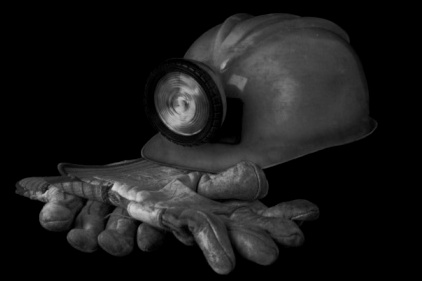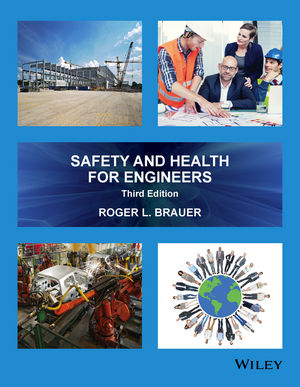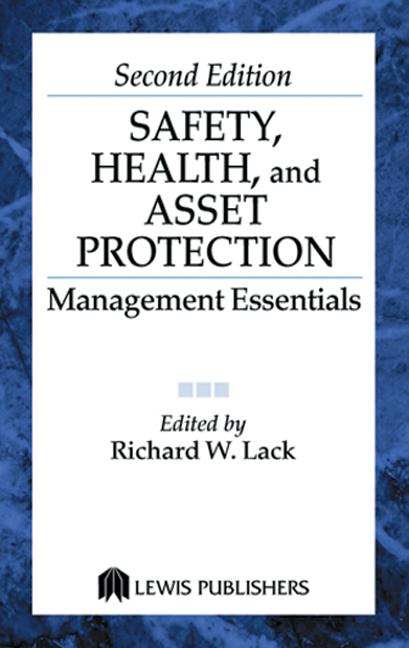 Two recent decisions by the Federal Mine Safety and Health Review Commission have affirmed the legal rights of miners to be protected against discrimination in the workplace, according to MSHA head Joseph Main.
Two recent decisions by the Federal Mine Safety and Health Review Commission have affirmed the legal rights of miners to be protected against discrimination in the workplace, according to MSHA head Joseph Main.
In the first case, an administrative law judge with the review commission ordered Cumberland River Coal Co. to reinstate a coal miner to his former job and pay a civil penalty of $30,000 -- $10,000 more than the amount originally proposed by the Secretary of Labor.
Charles Howard, who worked at Band Mill No. 2 Mine in Letcher County, Ky., suffered head injuries on the job in June 2010 and was discharged almost immediately upon his return the following May, despite the fact that his physician cleared him to work. Instead, Cumberland River Coal Co. sought the opinion of a different doctor, who determined that Howard could not return to work.
“There is no suggestion that Howard was terminated due to poor work performance and there was no incident that would have justified his termination,” wrote Administrative Law Judge Margaret A. Miller. “The only difficulty that [the mine operator] had with Howard was the fact that he continued to make safety complaints and continued to contact MSHA. Finally, not only was there open hostility against Howard, he was treated differently than other miners who had suffered a work-related injury.”
In the second case, the review commission affirmed an order of temporary reinstatement of a miner who worked at Mammoth Coal Processing Plant and River Tipple in Kanawha County, W.Va. An employee at the plant since 1975, Robert Nickoson was also a miners’ representative, which allowed him to accompany an MSHA inspector during inspections. In a June 2010 inspection, Nickoson, who was also accompanied by a Mammoth representative, pointed out several pieces of equipment in disrepair. This action resulted in the issuance of several violations to the mine operator.
In January 2012, the company suspended him for five days over a dispute about time used for an emergency medical procedure. When Nikoson went back to the mine for a “return to work” meeting, he was informed that he was being terminated due to “insubordinate and unprofessional conduct” at a prior safety meeting.
“Miners must be able to freely address health and safety concerns in the workplace,” commented Main. “If a miner is denied the right to participate in safeguarding health and safety, it puts at risk not only his safety, but the safety of his fellow miners.”




